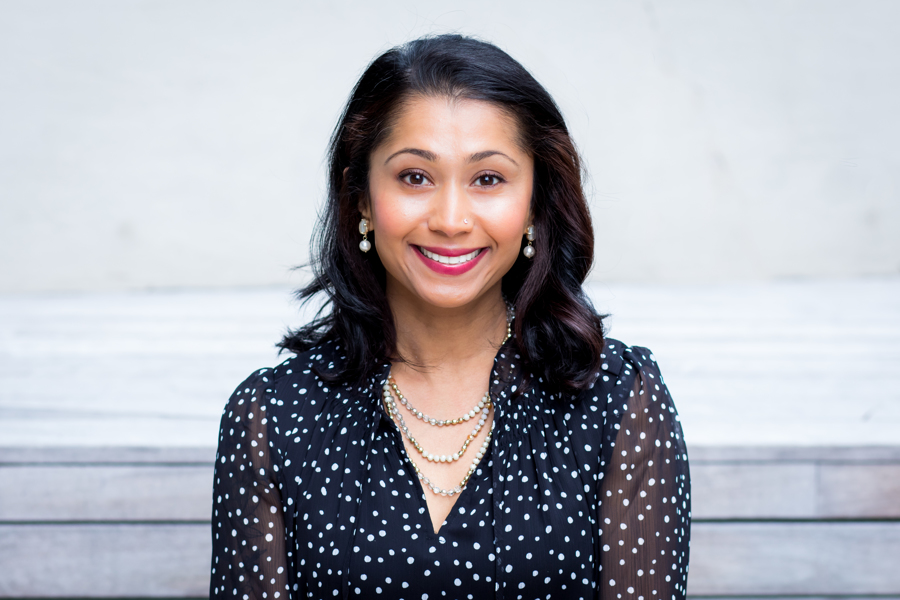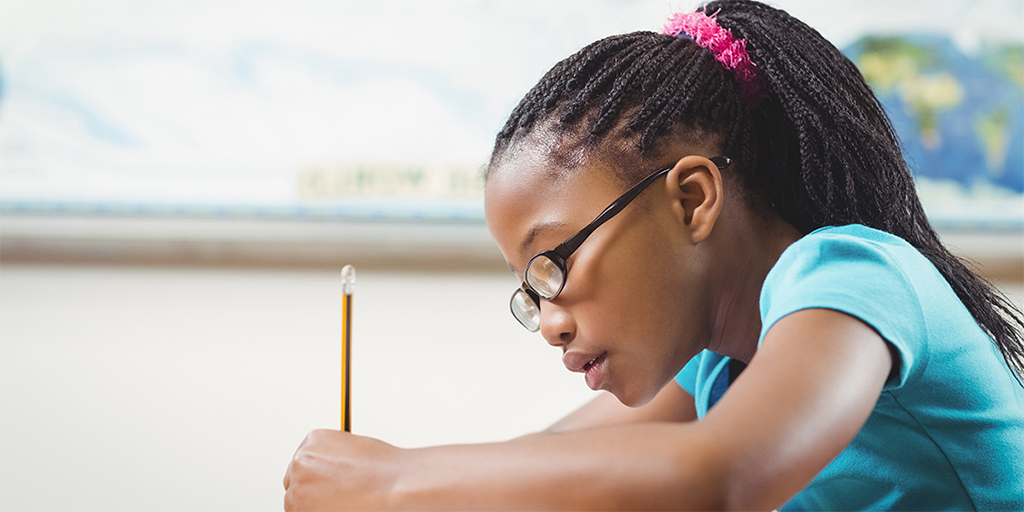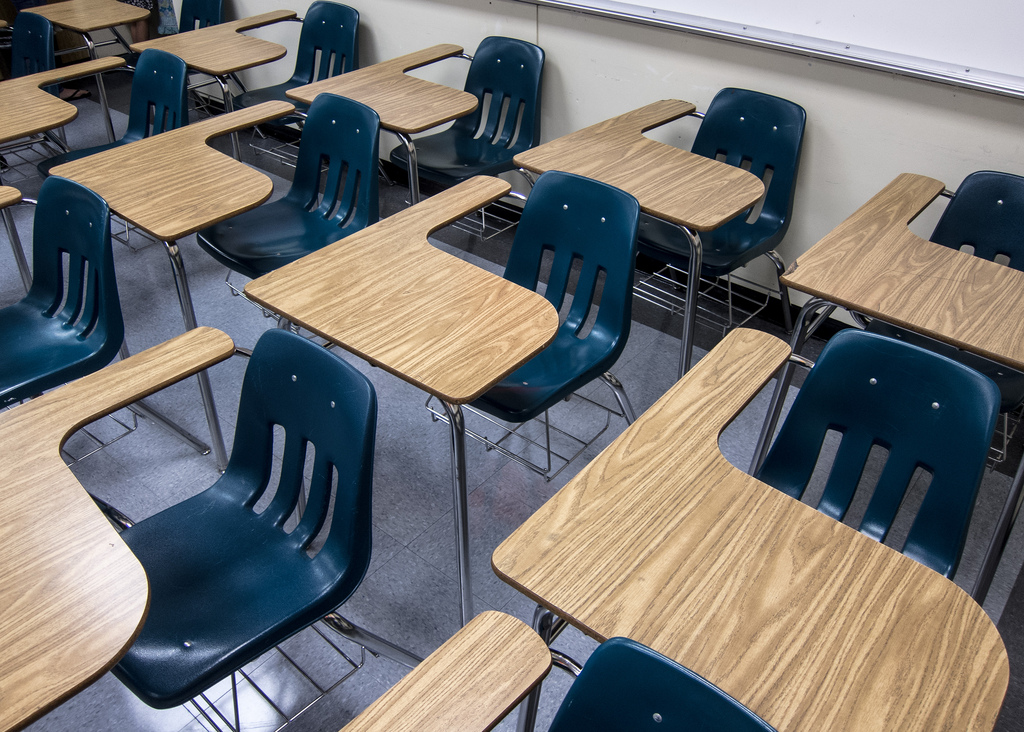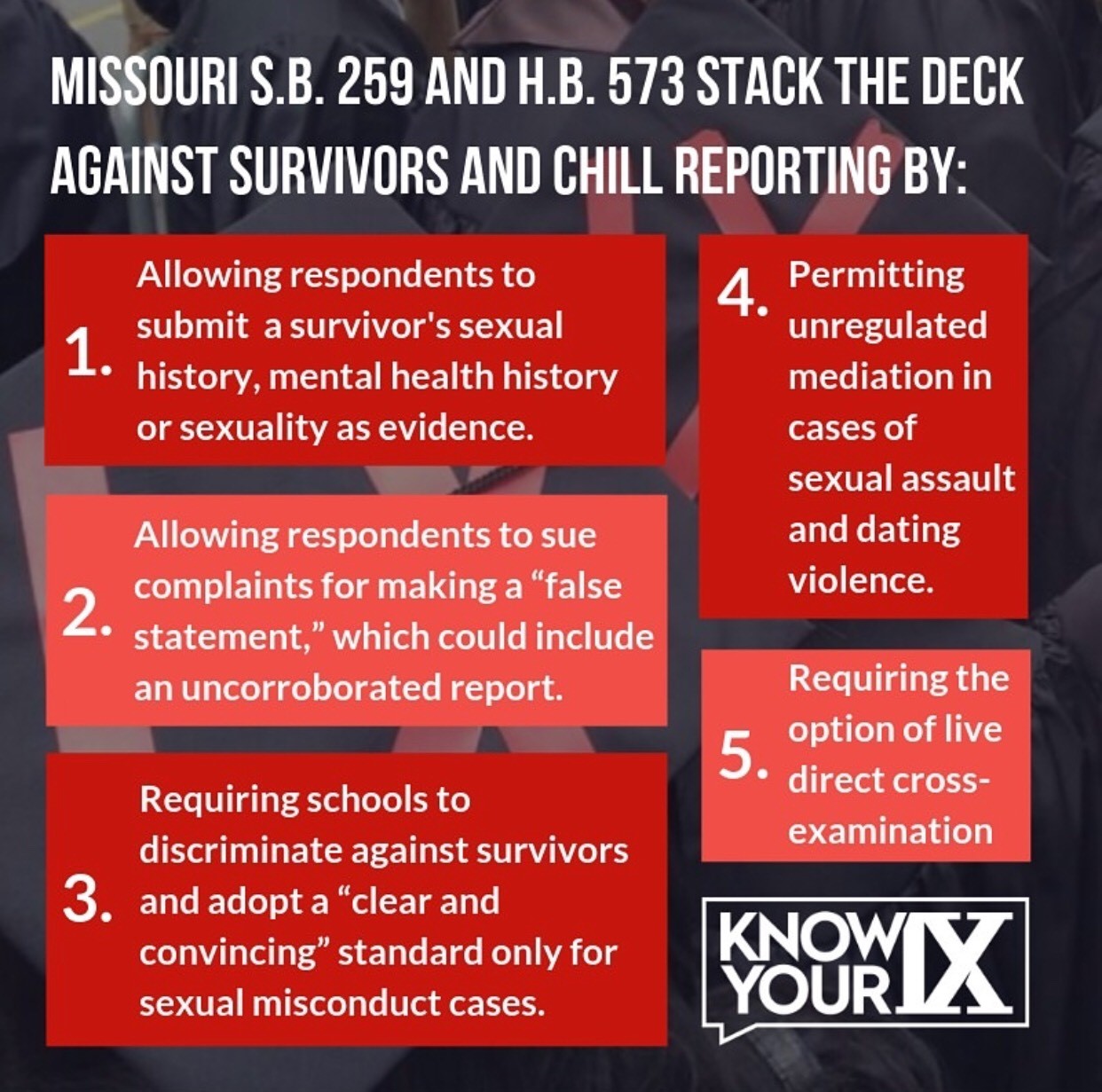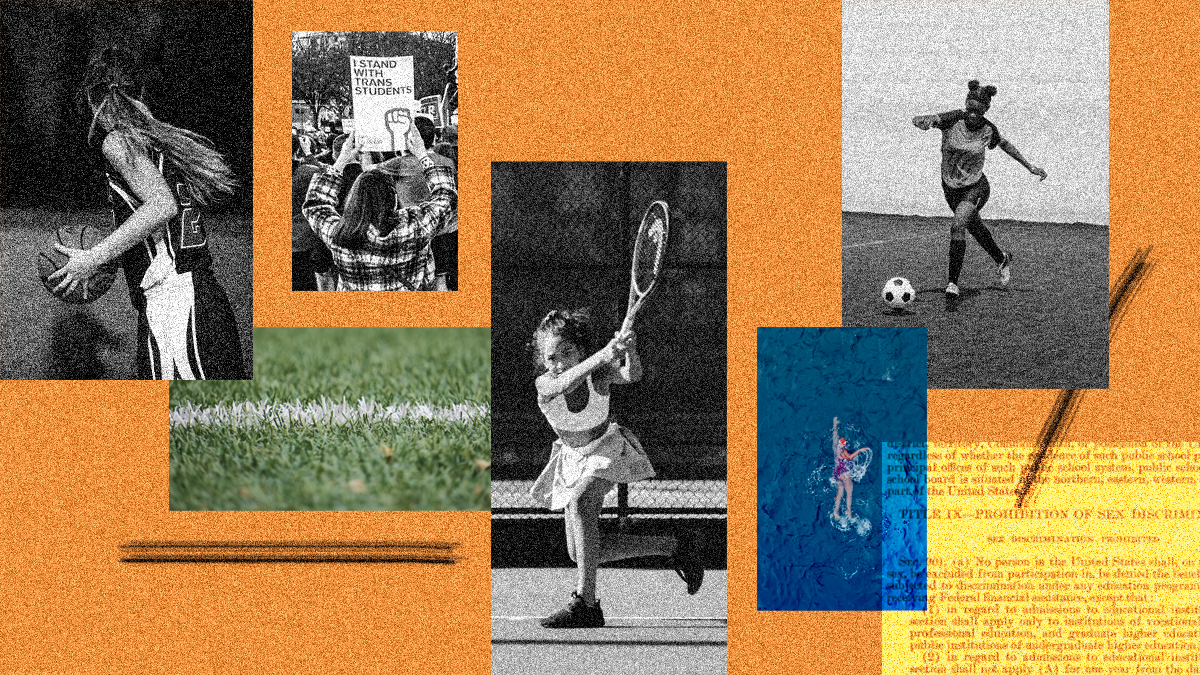Abortion rights, women of color, and LGBTQI+ people are under attack. Pledge to join us in fighting for gender justice.
Book Bans Are Silencing Survivors’ Stories
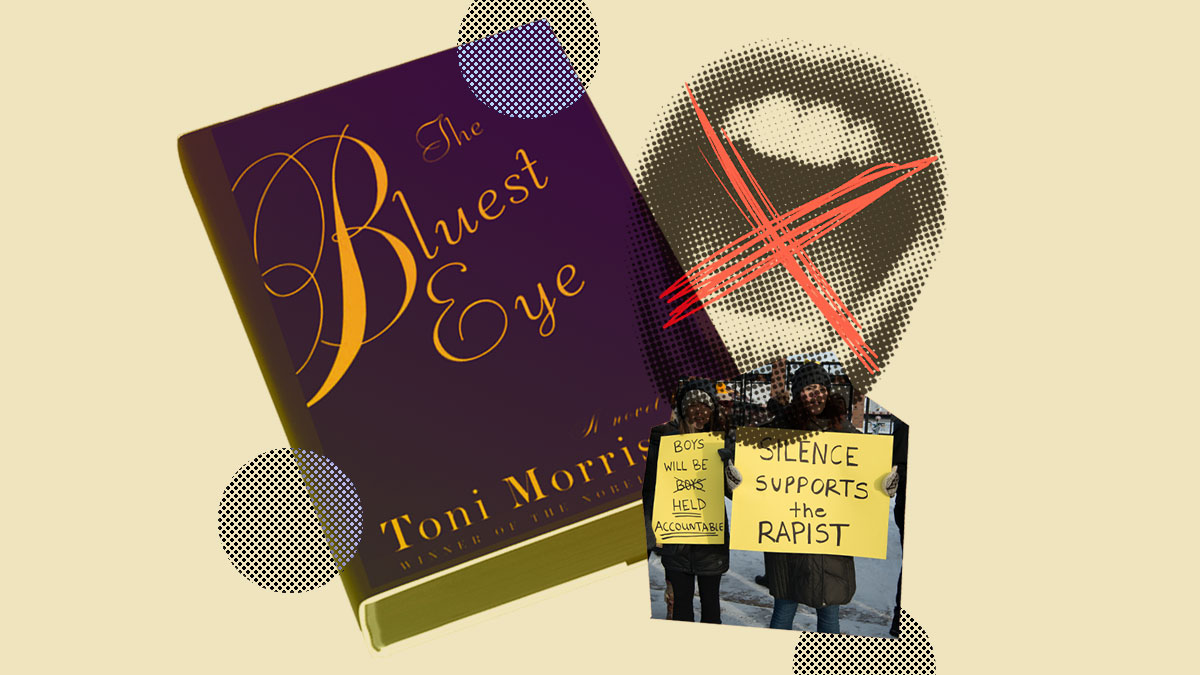
Did you know that survivors’ stories are being censored from schools?
You probably already have heard of or been impacted by the increasing number of book bans across the country. These bans target content about LGBTQIA+ identities, gender, and sexuality; race, racism, and the history of segregation and colonization; and reproductive rights and sexual health. What isn’t talked about as much, however, is, how these bans also target discussion about sexual harassment, violence, and abuse. PEN America recorded that from July 2022 through June 2023, books that depicted rape or sexual violence were banned in a quarter of the over 3,000 books targeted.
In fact, five of the 12 most frequently banned books include depictions of sexual violence, such as Bluest Eye by Toni Morrison and Sold by Patricia McCormick.
Yes, that’s right. Extremist groups have banned books in schools that discuss survivors’ experiences of sexual violence, rape culture, and even just information about the prevalence of sexual violence. Pro-censorship advocates falsely claim these issues are too “sexually explicit,” “controversial,” or “pornographic” for school.
Banned books also include Rupi Kaur’s poetry collection in Milk and Honey and Roxane Gay’s Not That Bad: Dispatches from Rape Culture, which is about the epidemic of sexual violence in society. Kaur, a poet and a survivor, writes about love, sex, trauma, and sexual abuse in her collection of poems. She once shared how her writing about these topics is a means to connect with others, and as of December 2022, her book was banned in 14 school districts. Gay, also a survivor, wrote a collection of essays about rape culture, which included a discussion about the prevalence of sexual assault in college. Laurie Halse Anderson’s book Speak is about a 13-year-old who is sexual assaulted and then stops speaking, but later learns how to regain her voice. When talking about her book, Anderson, a survivor, said that she hoped it would help other teens who experienced sexual violence to find the courage to speak up about it. Her book was banned 14 times in the 2022-2023 school year.
While these authors found power in talking about sexual violence and their experiences, extremists have been pushing to silence them.
Books discussing sexual violence help us gain more awareness about this epidemic and develop empathy for survivors. These books are powerful ways of storytelling and spreading awareness about sexual assault, while creating healing for survivors who share their stories. They help destigmatize sexual violence, bringing us together to bear witness to the stories about painful and traumatic experiences, and to allow us to be part of a collective demand for safety, healing, and accountability for sexual violence. Ultimately, these books help us move the needle toward creating a more informed, safe, and just world.
But banning these books signals there is something shameful and obscene in talking about sexual abuse, even though so many people, including students, have experienced it. These bans further stigmatize and legitimize silence around sexual violence, sending a message to survivors that what happened to you doesn’t matter, and an even broader message that silence about sexual violence is preferred over awareness about it. And these bans prevent student survivors from accessing stories that reflect their experiences—often painful and isolating experiences—barring many survivors from finding support, validation, and healing.
Extremists aren’t just censoring stories about sexual violence—they also don’t want students to be educated on how to prevent it. School districts continue to ban comprehensive sex education, despite research showing that when students receive comprehensive sex education, they are less likely to be a victim or perpetrator of sexual or dating violence. Comprehensive sex education doesn’t lead to more sexual activity or risky sexual behavior by students, but banning it only creates more shame and secrecy around sexual health and activity.
If schools are banning books and curriculum that discuss sexual activity, consent, and sexual violence, how will they prevent it? How will they create safe spaces for student survivors to come forward so that they can find healing and justice? If we ban these books, we hide our problems. We prevent addressing what we need to change as individuals and as a society to end sexual violence. And this means that more kids will get hurt, and more survivors will feel alone.
Today, sexual assault in schools unfortunately remains pervasive and continues to harm students profoundly, including creating health issues, retaliation for speaking up and school push out, and social isolation. Yet reporting remains low. We clearly have so much more work to do to destigmatize sexual violence and ensure survivors feel comfortable and safe coming forward. Book bans are only a giant step backward towards making school safer.
While book bans wrongly suggest that there is something obscene or inappropriate with talking about sexual violence, let me clear: being a survivor is not shameful. Book bans silencing survivor stories are.


